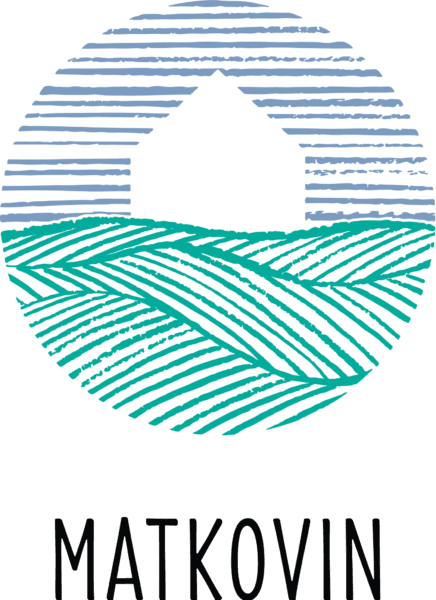My name is Jóhan Dávur Joensen from Tøðan in Gásadalur, and I sell primary and secondary produce.
We have both freehold and tenure fields, and I took over the tenure from my father in 1999.
The food production is a family business that goes a long way back. We have always sold agricultural goods, but the business has changed and the goods have been modernized.
Before the tunnel came to Gásadalur in 2006, the working conditions were not the same as they are today. Travelling between Gásadalur and the rest of the Faroes was almost impossible. Back then we sold northern fulmar, bulls, sheep, wool, and sheepskin, and we were very dependent on the helicopter. Today the situation is entirely different, and I can easily get to and from Gásadalur. It is a lot easier and cheaper to sell my goods.
I am a full-time farmer and I do most of the work myself, but I do get welcome help from others.
Being organic, supporting animal welfare and sustainability is very important to me. I always strive to take good care of the environment, clean up after myself and take good care of God’s Creation. The product I put on the market is sold locally, it is sustainable and, by and large, it is organic as well. Being transparent is a key value of mine. My production is not authenticated, but it is registered as a domestic production at Faroese Food and Veterinary Authority. The production number is 19-59. I pay VAT of the income from the production. My VAT number is 504289, so rest assured that it is not a black market.
I sell what the soil yields, both primary produce and processed goods. I have sheep and Highland cattle in the outfield, both high and low. I get meat, intestines, wool, skin and horns from them. Also, I produce a lot of roots and vegetables, and I sell potatoes, early garden turnip, rutabaga, and angelica that grow especially well in my fields.
The weather is very important for the production. Some years the turnips have been ruined by bad weather. Sometimes it is the strong winds, other times it is from the cold or from prolonged dry weather. It happens that one year the growth is strong, and the following year there is no growth.
The winters are long and the weather is severe. It happens that a whole spring’s work needs to be done in three days. Below there is an example of an exemplary year.
January is spent ploughing, cultivating, digging ditches, putting rat poison in the outfield and mountains. February and March are also spent with ploughing, cultivating and digging ditches. My field starts at 80 meters in height and soars to above 700 meters above sea level. The valley is facing to the west, which carries advantages as well as disadvantages. The spring and summer arrive late. The sheep get medicated in April, and the lambing will be started as late as May 10 to ensure that the lambs survive. This is later than elsewhere in the Faroe Islands, and this is also why my lambs are younger than the typical Faroese lamb. I walk the outfields every day in May to see if the ewes give birth, and to see how the ewes and their lambs fare. In May, the stone walls need to be checked for safe height, and this is also when I plant the potato, root and kale fields. In June, I harvest the kale field and earth up the potato field. The angelica are picked between the middle of June to St. Olaf’s Day. In July, I drive the sheep, and I also cut the grass. The early garden turnips are rarely ready to harvest before the middle of August, which is also when I cut the grass, make hay bales for the cattle and dry hay for the sheep, harvest the roots and the potatoes, sell roots in the red shop and distribute roots to larger customers. The sheep driving in the fall is undertaken when people are available and the weather permits it, whereafter the slaughter begins. To harvest roots and vegetables is hard work, and sadly it is also unappreciated work (which men do not talk about). After the sheep have been slaughtered, it is the cattle’s turn. In November, I tend to the meat in the storehouse along with the rest of the food I have produced. December is spent with sales and distribution of Faroe dry-aged lamb meat to loyal customers.

